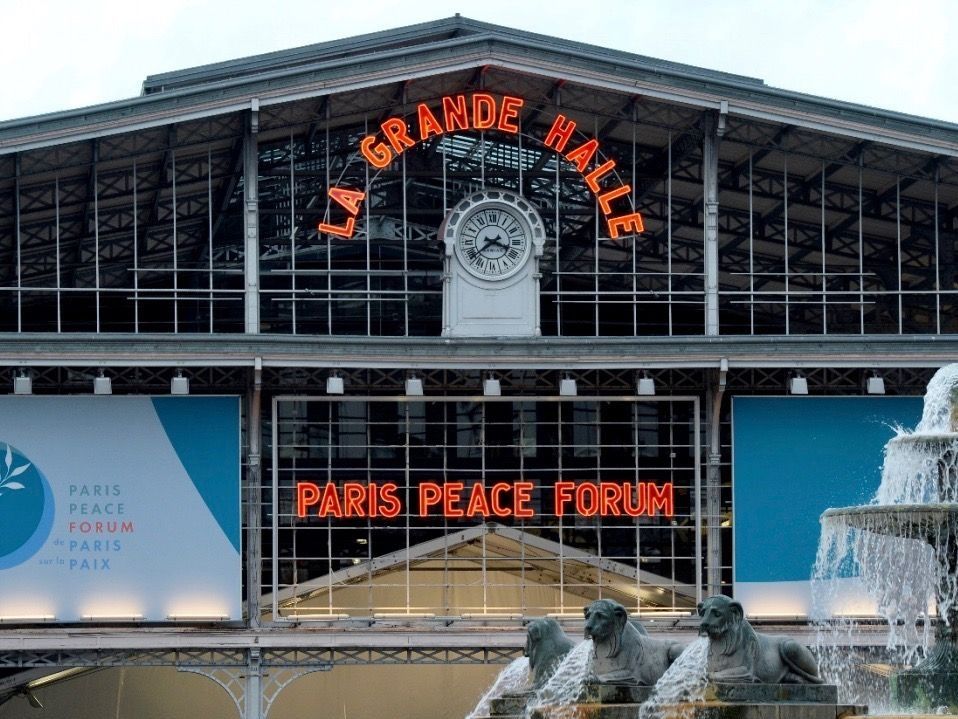International organizations and European governments pledged to broaden access to vaccines among poorer nations on Thursday at the third annual Paris Peace Forum, a bullhorn for multilateralism made virtual due to the coronavirus pandemic this year.
The European Commission and France each promised an additional €100 million (US$118 million), while the Bill & Melinda Gates Foundation said it would contribute another US$70 million and Spain vowed to add €50 million towards the Access to Covid-19 Tools (ACT) Accelerator, a global collaboration among 10 international organizations to raise US$35 billion more for coronavirus tests, medicines and vaccines worldwide.









